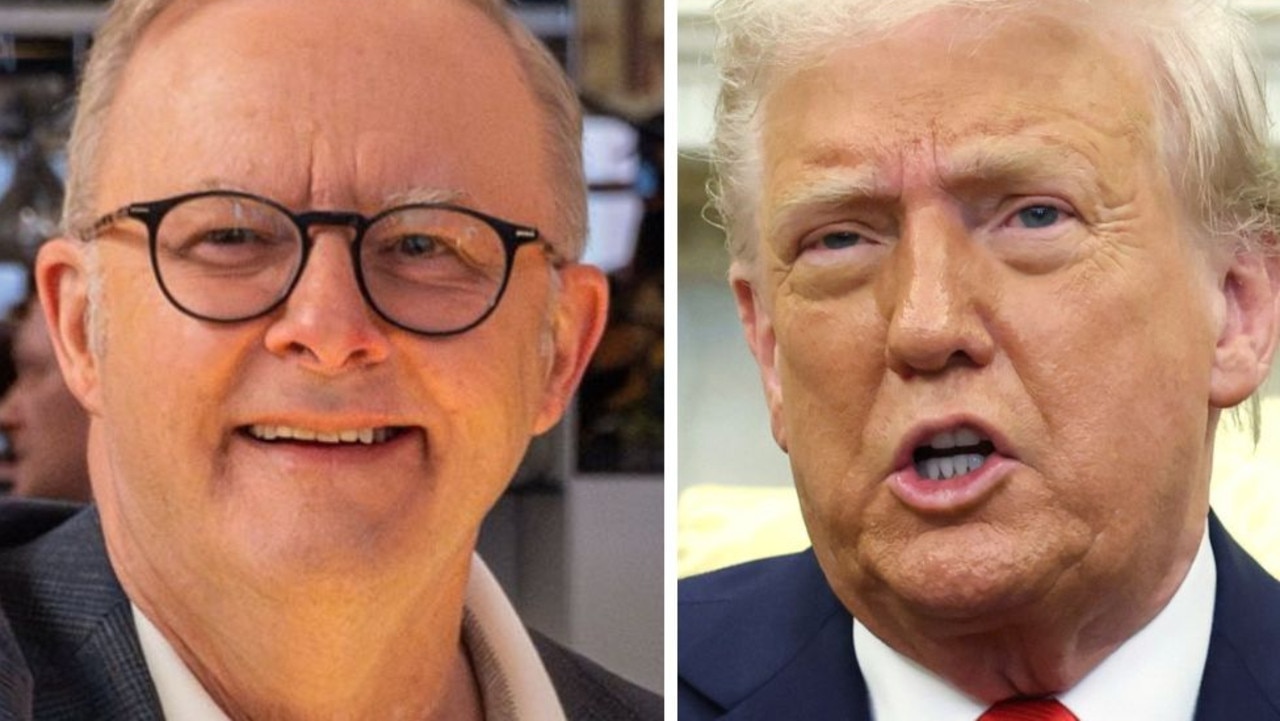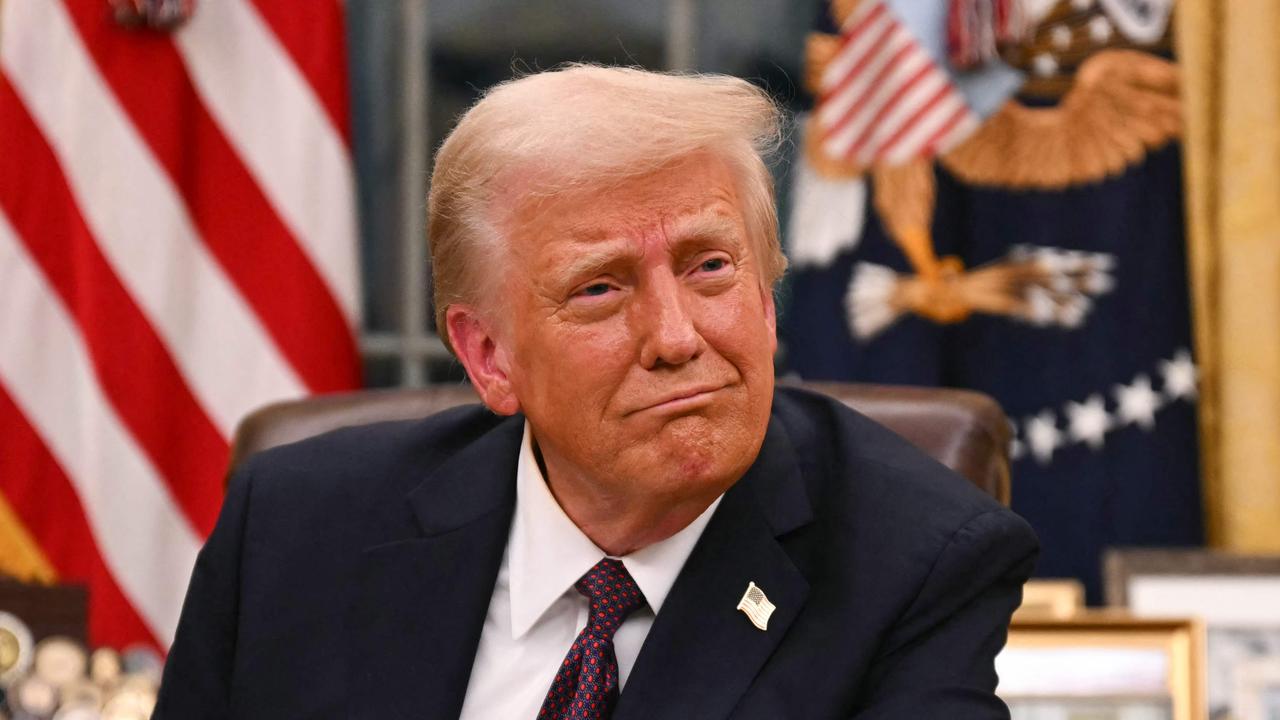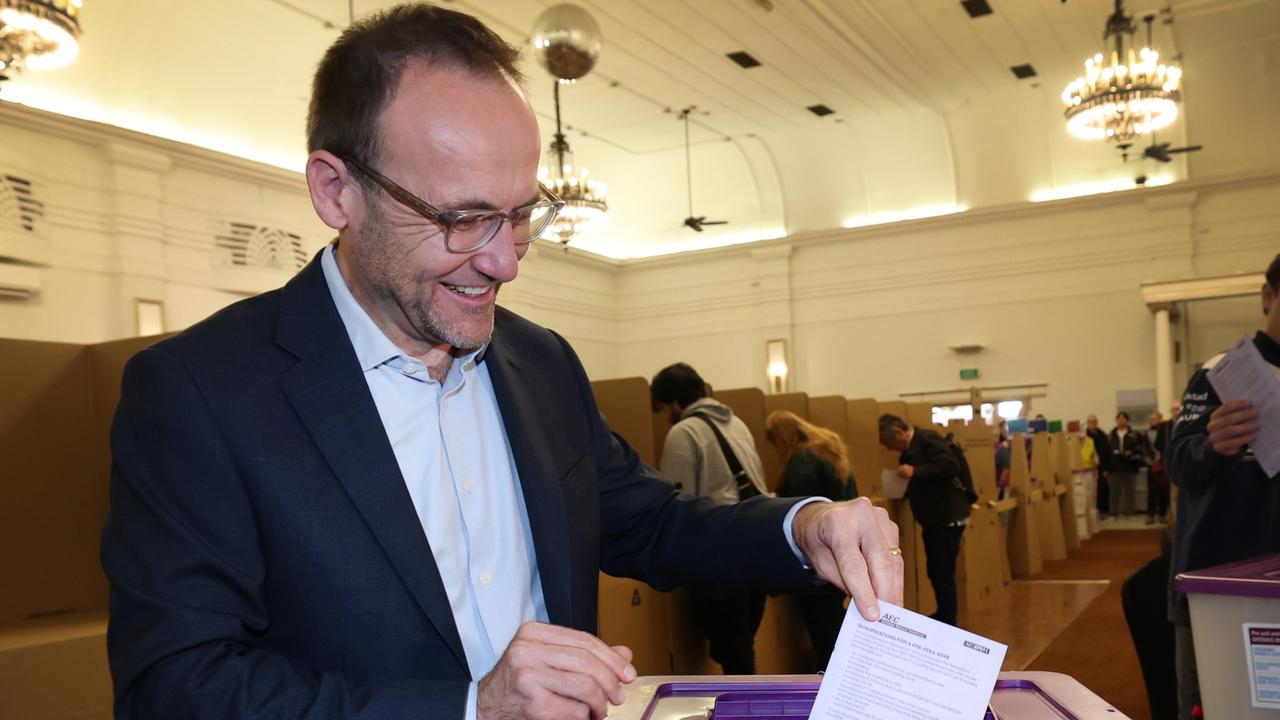Trumpet of Patriots leader’s shock move after election result
After her party bombarded Aussie’s phones with unsolicited text messages, the Trumpet of Patriots leader has made a shock move on social media.

After millions of dollars and mass text messages, Clive Palmer’s Trumpet of Patriots’ campaign has been a major flop.
The newly named party has so far failed to pick up any seats in the House of Representatives or Senate as of Sunday morning.
In an unsurprising blow, party leader Suellen Wrightson — dubbed ‘Australia’s next Prime Minister during the campaign — has been seemingly unsuccessful in winning the electorate of Hunter, near the NSW Central Coast, with Labor incumbent Dan Repacholi projected to hold onto the seat.
As of Sunday morning, Ms Wrightson has received 3.36 per cent of votes.

In a shock move, the party leader took to social media on Saturday to thank her fellow Hunter candidates before locking her Facebook and X accounts on Saturday evening.
“To my fellow Hunter candidates, thanks for a respectful & engaging debate about what we need in our community,” she wrote on X on Saturday before locking her accounts, which she had been posting from during the five week campaign.
“One thing we can all agree on is Australia is the best country on earth & our collective future is worth fighting for.”
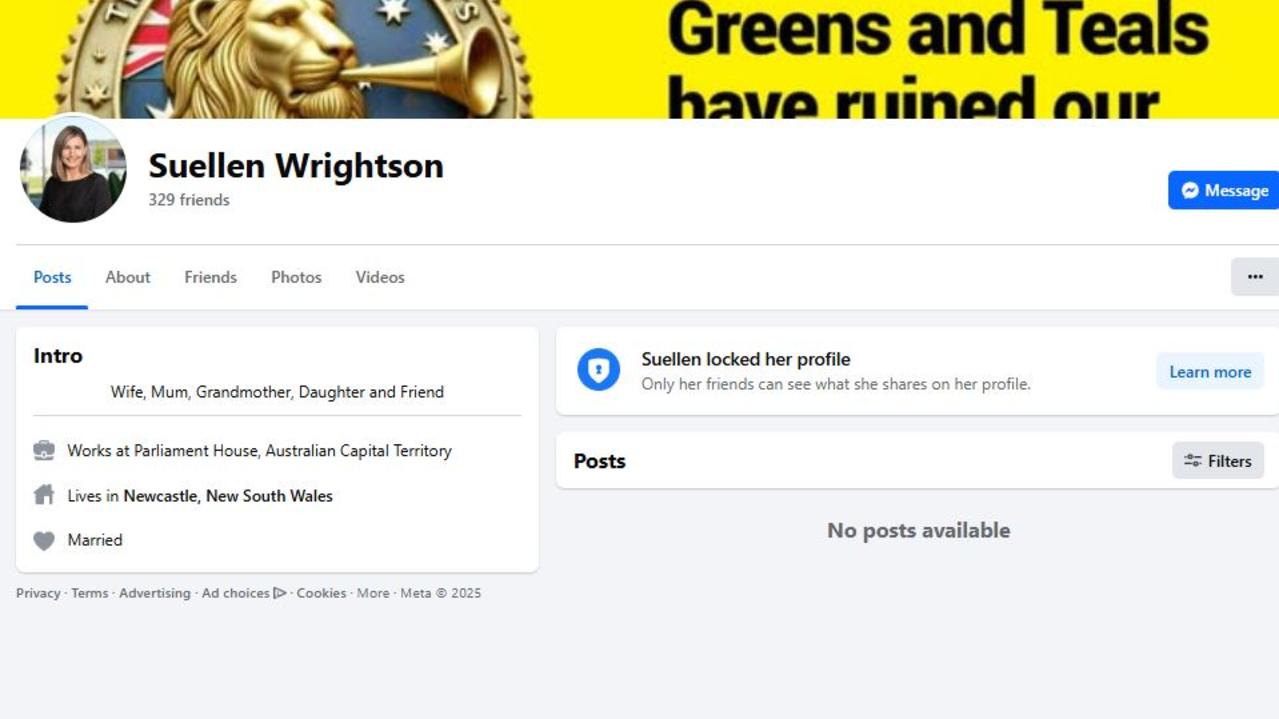
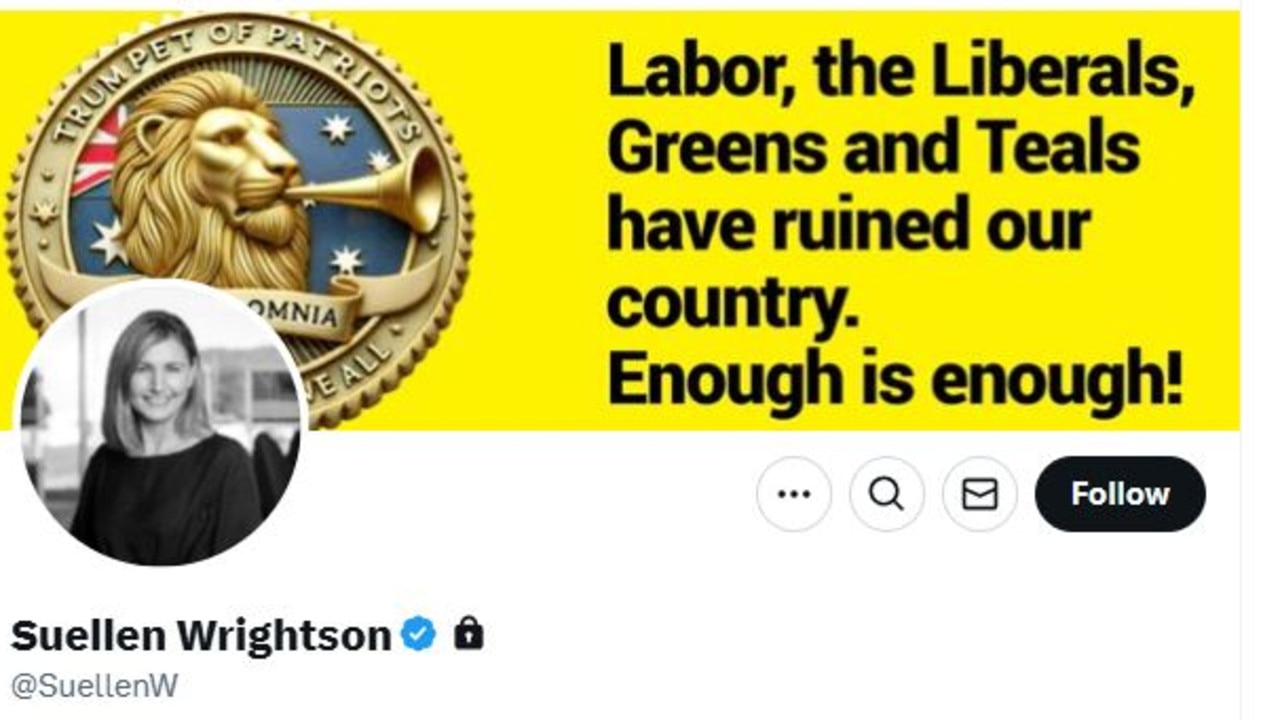
$60 million spent for nothing
The party’s blow comes after Mr Palmer told The Daily Telegraph he spent up to $60 million on this year’s election campaign.
The mining billionaire launched the Trumpet of Patriots in February this year, promising to adopt many of the policies of US President Donald Trump.
Mr Palmer created the party after losing his bid to re-register his United Australia Party in the High Court earlier this year.
“We will make Australia great with Trumpet of Patriots – a registered political party with the Australian Electoral Commission,” Mr Palmer said in a statement in February.
“The Trumpet of Patriots is running candidates in all Liberal and Teal seats, as well as the upper house, to be a force in Australian politics,” he added.
“The Australian people deserve real representation, and we will ensure they have that choice at the polls.”
Aussies bombarded with texts
The Trumpet of Patriots copped public backlash after bombarding Aussies with unsolicited text messages from lead Senate candidate for Queensland, Harry Fong, in the lead up to Saturday’s election.
The messages were signed off by Mr Fong, an accredited lawyer, and urged people to “Vote1 (sic) Trumpet of Patriots”.
Hitting back, many fed-up Aussies took to social media to post Mr Fong’s mobile phone number taken from an archived – and now disappeared – page on the Queensland Bar website.
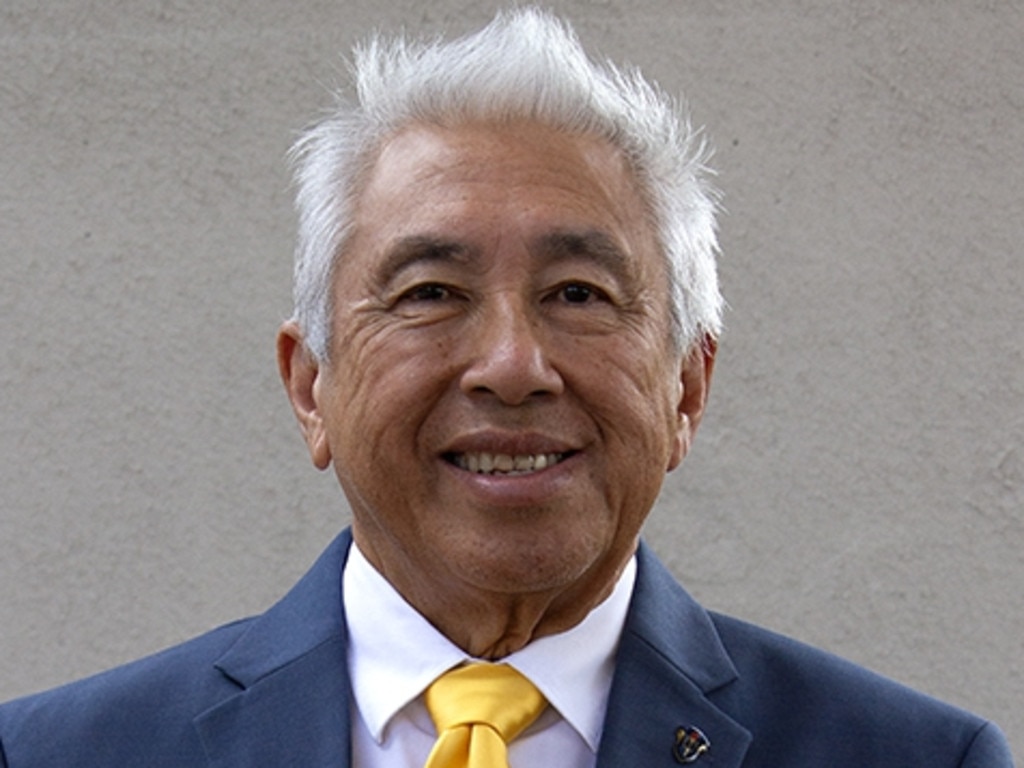
Mr Fong is a criminal defence lawyer who said he was standing with the Trumpet of Patriots to “fight against the entrenched political establishment that has put its own interests above those of everyday Australians”.
He is described as a “highly respected barrister with extensive experience in criminal law, civil litigation, dispute resolution, and commercial negotiations” on the party’s website.
Texts remain ‘persistent feature’ of campaigns
Over this campaign, Aussie phones have been bombarded political appeals and promises.
Dr Tegan Cohen is an expert on digital platforms and artificial intelligence, privacy law and theory, and the laws of democracy and electoral politics.
In piece for the Conversation, she said the practice isn’t new, and it’s totally legal under current laws.
“It’s also non-partisan. Campaigns of all stripes have partaken,” she said. “Behold, the Liberal party’s last-minute SMS to voters about asylum seekers before the 2022 federal election, or“Labor’s controversial ‘Mediscare’ text before the 2016 poll. Despite multiple cycles of criticism, these tactics remain a persistent feature of Australian election campaigns.”
She said a recent proposal to update decades-old rules could help change things – if a government would put it into practice.
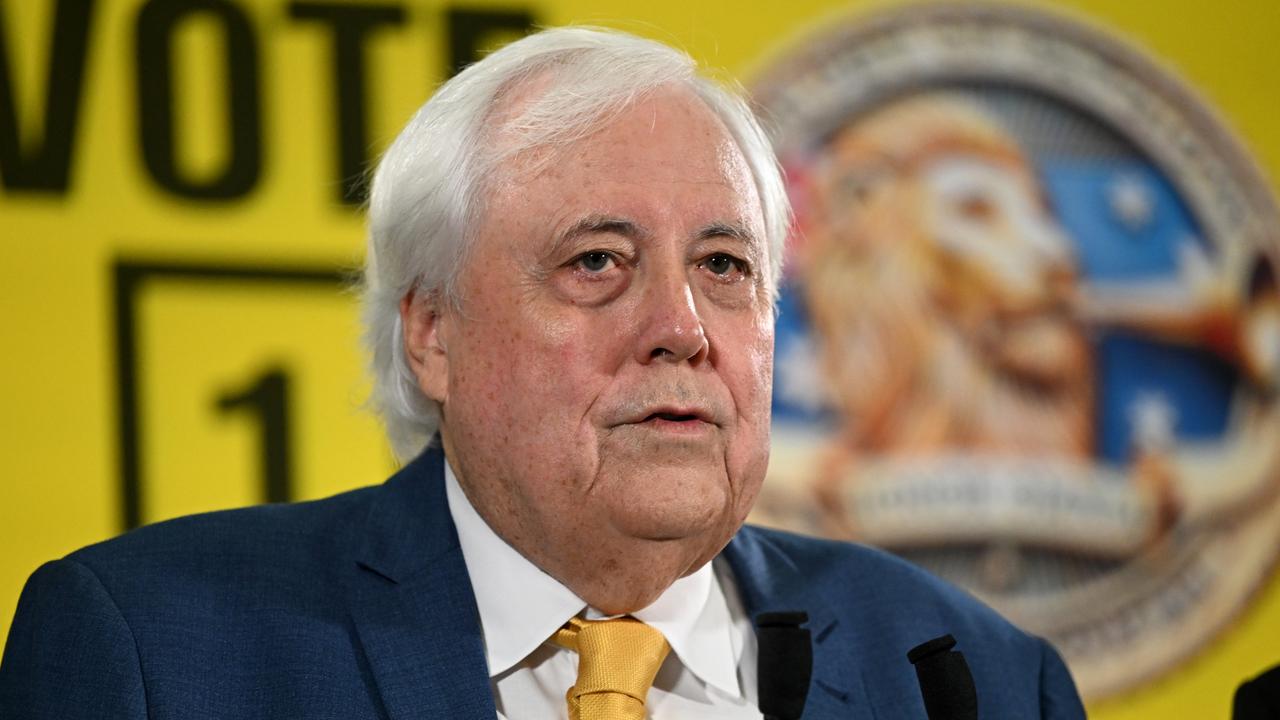
“First, there is the Spam Act. This legislation requires that organisations obtain our consent before sending us marketing emails, SMSs and instant messages. The unsubscribe links you see at the bottom of spam emails? Those are mandated by the Spam Act,” she said.
“Second, the Do Not Call Register (DNCR) Act. This act establishes a “do not call” register, managed by the Australian Communications and Media Authority (Acma), which individuals can join to opt out of telemarketing calls.
“Finally, there is the Privacy Act, which governs how organisations collect, use and disclose our personal information. Among other things, the Privacy Act requires that organisations tell us when and why they are collecting our personal information and the purposes for which they intend to use it. It restricts organisations from re-purposing personal information collected for a particular purpose, unless an exception applies.
She said this trio of laws was designed to offer relief from unsolicited, unwanted direct marketing. It does not, however, stop the deluge of political messages at election time due to broad political exemptions sewn into the legislation decades ago.
“The Spam Act and DNCR Act apply to marketing for goods and services but not election policies and promises, while the Privacy Act contains a carve-out for political parties, representatives and their contractors,” she said.
Counting continues on Sunday.




